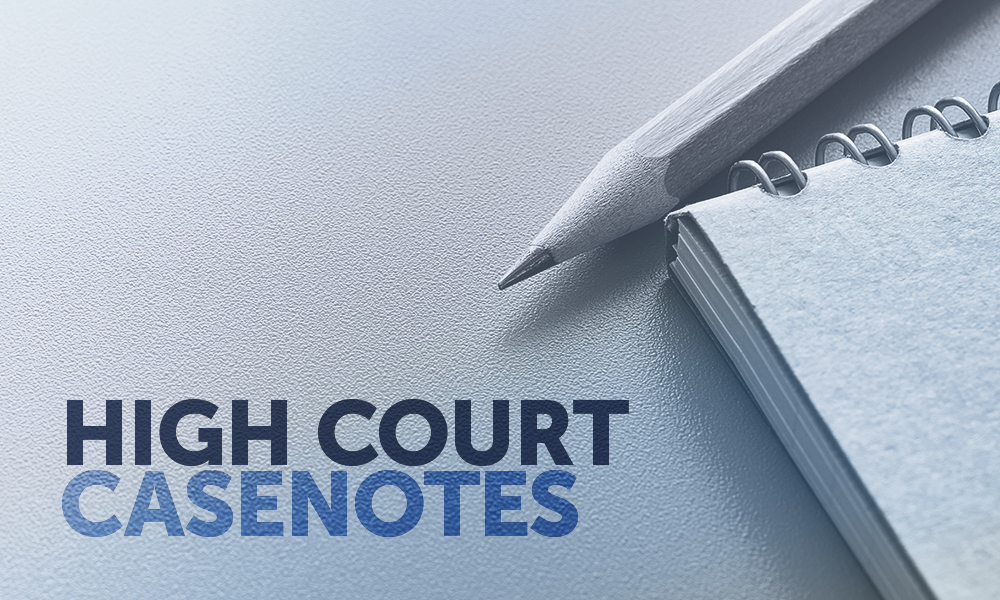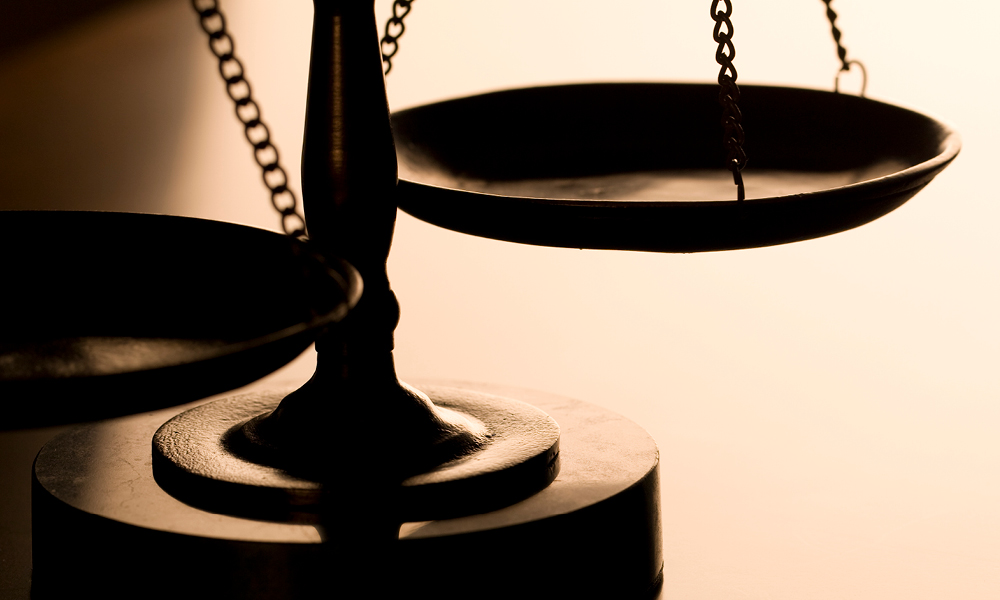In Strbak v The Queen [2020] HCA 10 (18 March 2020) the appellant, Ms Strbak and her partner had been jointly charged before the Supreme Court of Queensland with the manslaughter of the appellant’s son, Tyrell.
Tyrell, who was aged four, died as the result of blunt force trauma to his abdomen. The appellant’s partner pleaded guilty to manslaughter and was sentenced on the agreed footing that he was criminally negligent in failing to seek medical assistance for the child. A short time later the appellant pleaded guilty to manslaughter.
The High Court observed that, under the common law of Australia, on the trial of a criminal allegation (save in rare and exceptional circumstances), no adverse inference should be drawn by the jury (or the judge in a trial without a jury) from the fact that the accused did not give evidence. The question raised by the appeal was whether the same stricture applied to the resolution of a dispute as to the facts constituting the offence in sentencing. If it did, a further question was whether that position is modified by s132C of the Evidence Act 1977 (Qld), which relevantly provided that, if an allegation of fact is not admitted or is challenged, the sentencing judge may act on the allegation if the judge is satisfied on the balance of probabilities that the allegation is true. The High Court answered that question in the affirmative.
Kiefel, Bell, Keane, Nettle and Edelman jointly. Appeal from the Court of Appeal of the Supreme Court of Queensland allowed.
David Kelsey-Sugg is a Victorian barrister, 03 9225 6286, email dkelseysugg@vicbar.com.au. The full version of these judgments can be found at austlii.edu.au.











Share this article